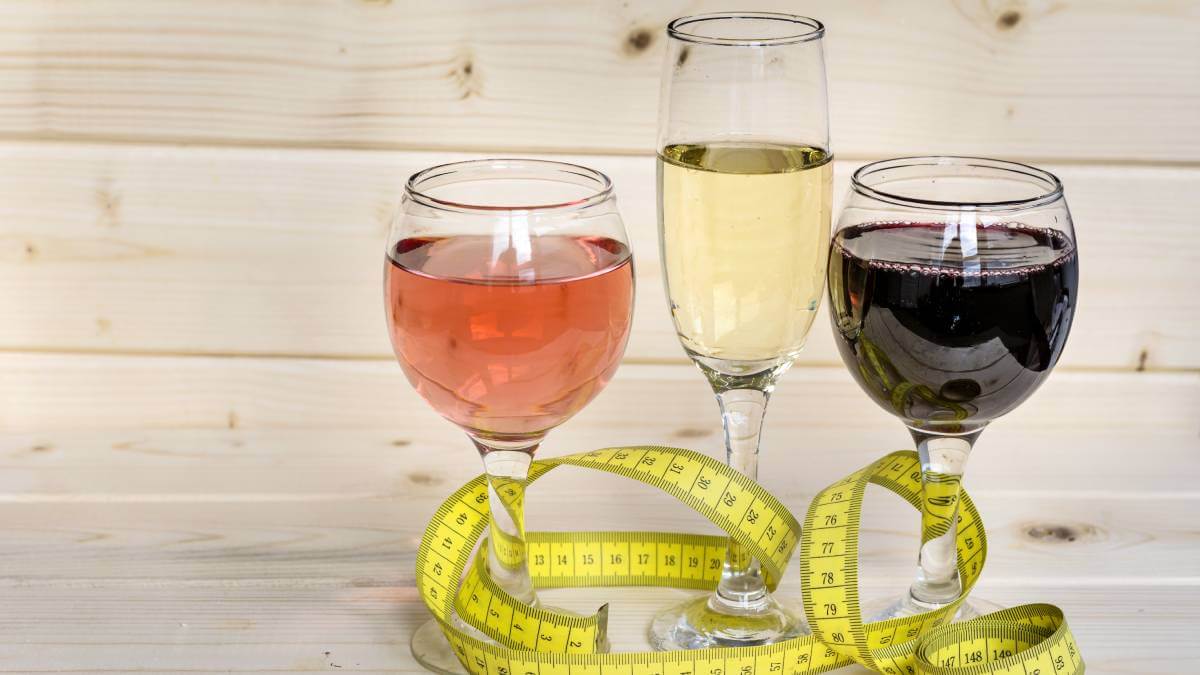Claims that certain alcoholic drinks are ‘healthier’ than others is deeply concerning, Victoria’s Cancer Council warns.
While it’s well established that no amount of alcohol is ‘good for you’, many who enjoy a tipple would like to do so in a way that is, if not healthy, at least less unhealthy.
But labelling information is creating a false impression among buyers that they’re healthier, research has found.
As with many other food and drink products, some alcoholic beverages have labels sprinkled with claims such as: ‘low sugar’, ‘no added sugar’, ‘organic’, ‘low in carbs’.
Not necessarily healthier
Those claims may be technically true, but they don’t necessarily mean the products are healthier, says Cancer Council Victoria. A drink may be low in sugar, but that does not mean low in alcohol, and alcohol can lead to weight gain, which in turn is linked to serious health issues such as heart disease and cancer, the Cancer Council says.
Cancer Council Victoria commissioned a survey of women to find out how product labelling on alcoholic drinks influenced their decision-making and buying behaviour.
The online survey of 501 women split participants into two groups. One was able to view ready-to-drink spirit and cider labels that had claims such as ‘low sugar’, ‘zero sugar’ or ‘no added sugar’. The other group was given no access to labels. Participants were asked to rate each drink based on various health measures.
The results showed that women who viewed the labels perceived those drinks to be healthier or at least less harmful than those without access to labelling. Even drinks that had the same amount of sugar or energy as those that made no claims were considered healthier.
Lead author Dr Ashleigh Haynes says the implication is that such labelling can negatively affect health, rather than the other way round.
She says: “At a time when Australians are becoming more focused on their health, we should be supporting efforts to live healthier lifestyles.
Significant impacts
“Instead, alcohol companies are capitalising on this shift, using health-related marketing claims to trick consumers into thinking their alcohol products are healthy, when in reality, alcohol has significant negative health impacts.”
Pointing out that alcohol is one of the leading risk factors contributing to Australia’s disease burden, including at least seven types of cancer, Dr Haynes is critical of the use of such claims on labels.
“Promoting that a full-strength alcohol product is better for you because it doesn’t contain added sugar, is ‘organic’ or contains ‘fruit ingredients’ is just marketing spin to distract from these serious health harms,” she says.
So the next time you choose your alcoholic drink with health implications in mind, don’t be fooled by what you read on the label. Other than the alcohol by volume percentage, it’s most likely just spin.
Have you noticed ‘health’ words on the labels of alcoholic drinks? Have they influenced your purchasing decision? Why not share your experience and thoughts in the comments section below?
Also read: Sugary diet linked to fatty liver disease in non-drinkers


The first line in the second paragraph ;”well established that no amount of alcohol is ‘good for you’” is bunkum. The excessive consumption can and does have adverse effects on both physical and mental health, but a modest drink with food or to relax has more positive than negative effects.
Alcohol can and does assist in the break down of some fats in food making them more easily absorbed into the blood stream. A glass of a persons favourite tipple can help them relax from the stresses and stressors of the day helping both the mental and physical health of the individual. (When this becomes an essential part of the day, this can be of concern.)
The online survey that the Cancer Council have referenced has no scientific validity at all. People do these online surveys because they get paid to do so. How they react to the image on screen and when viewing on product on the retailers shelves can be very, very different. The type and brand of the wine will have more influence than pseudo health messaging on the label on the bottle (plus the price).
Every one reading this article has seen enough summers to recall how frequently we have been warned off specific foods as they are signing their own death Warrant by even sniffing them to have a few years later a quiet retraction that maybe the danger wasn’t so bad afterall.
I cast doubt on the claim that alcohol causes any specific cancers as such, it is probable that consumers of alcohol showed up with a greater frequency than abstainers, but often this increased frequency is as little as 1 or 2%. And millions of those who have enjoyed a regular tipple will go to their grave from other causes with none of these cancers identified.
“…it’s well established that no amount of alcohol is ‘good for you’…”
GOD inspired Paul to tell Timothy:
1 Timothy 5:23
Stop drinking only water, and use a little wine because of your stomach and your frequent illnesses.
So… who are you going to believe?
Joshua 24:15
But if serving the Lord seems undesirable to you, then choose for yourselves this day whom you will serve…